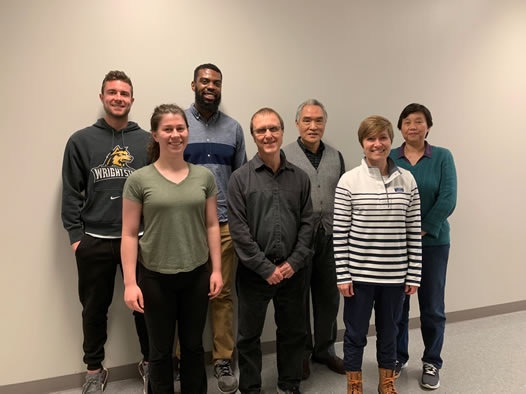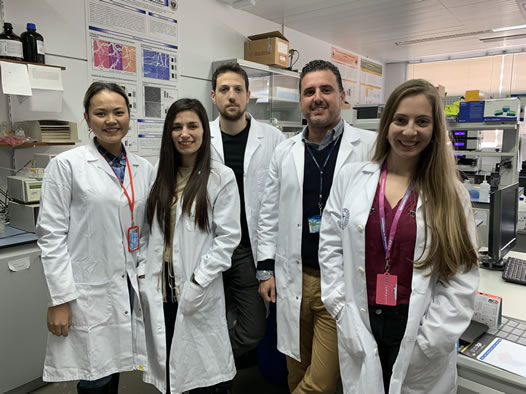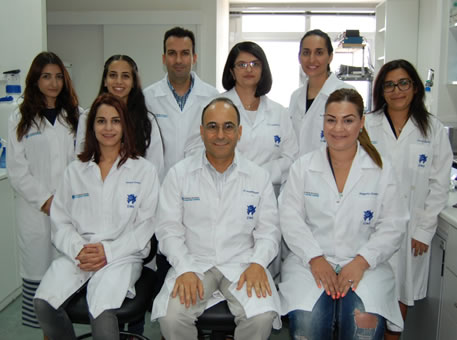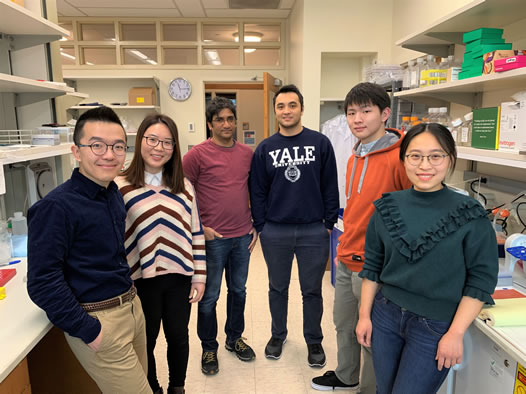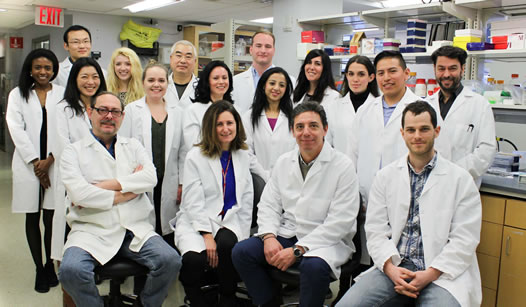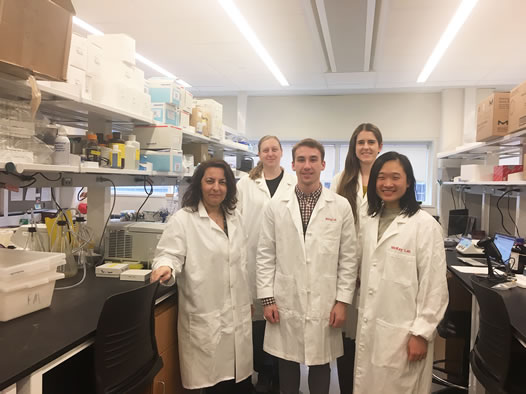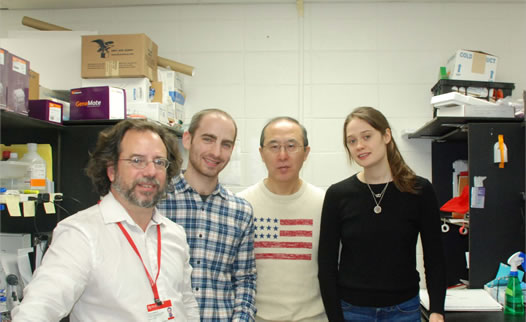MDA Resource Center: We’re Here For You
Our trained specialists are here to provide one-on-one support for every part of your journey. Send a message below or call us at 1-833-ASK-MDA1 (1-833-275-6321). If you live outside the U.S., we may be able to connect you to muscular dystrophy groups in your area, but MDA programs are only available in the U.S.
Grant - Winter 2019 - CMT - Charles Abrams, MD, PhD
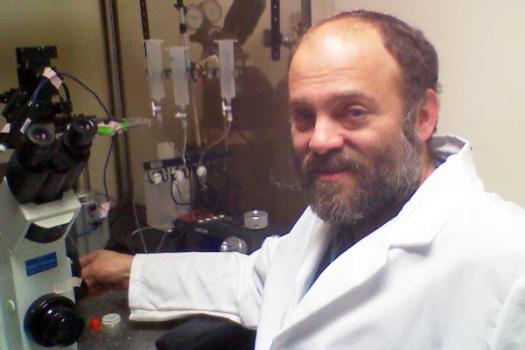
"Unraveling the cause of a human disease requires having appropriate animal models for the disease being studied. This proposal will characterize models for CMT1X on the molecular level and use them to initiate studies that will shed light on the causes of this disorder."
Charles Abrams, MD, PhD, professor of Neurology at the University of Illinois, Chicago, was awarded an MDA research grant totaling $300,000 over three years to better understand how mutations in the connexin 32 gene (Cx32) lead to CMT1X, a form of Charcot-Marie-Tooth disease (CMT).
Mutations in the gene coding for the gap junction beta-1 protein (GJB1), also known as connexin 32 protein (Cx32), are associated with the X-linked form of Charcot-Marie-Tooth disease (CMT1X), which affects approximately 1 in 25,000 people and is the second-most-common form of CMT. Although scientists have known about these mutations for more than 25 years, information is still lacking about how they cause disease. In the case of CMT1X, animal models are inadequate — almost all studies have used the Cx32 gene knockout mouse, a loss-of-function model that may not accurately represent the full spectrum of the variety of mutations in Cx32 that can cause CMT1X.
This work will use a technique called RNA-Seq to characterize a variety of different CMT1X mouse models at the level of transcription (RNA), and it will then utilize this information for studies into the causes of this disease. Dr. Abrams will use these different knockout and mutant models to determine how gene expression in Schwann cells is affected by mutations, and how this change in gene expression leads to axonal death. Schwann cells are very important in that they generate the insulating myelin sheath around peripheral nerves. If successful, the project could provide insights into how genetic defects in supportive Schwann cells cause degeneration of the axons in CMT as well as identify which CMT1X patients may benefit from gene-replacement therapies under development.
https://doi.org/10.55762/pc.gr.84541
Grantee: CMT - Charles Abrams, MD, PhD
Grant type: Research Grant
Award total:
Institution:
Country:






